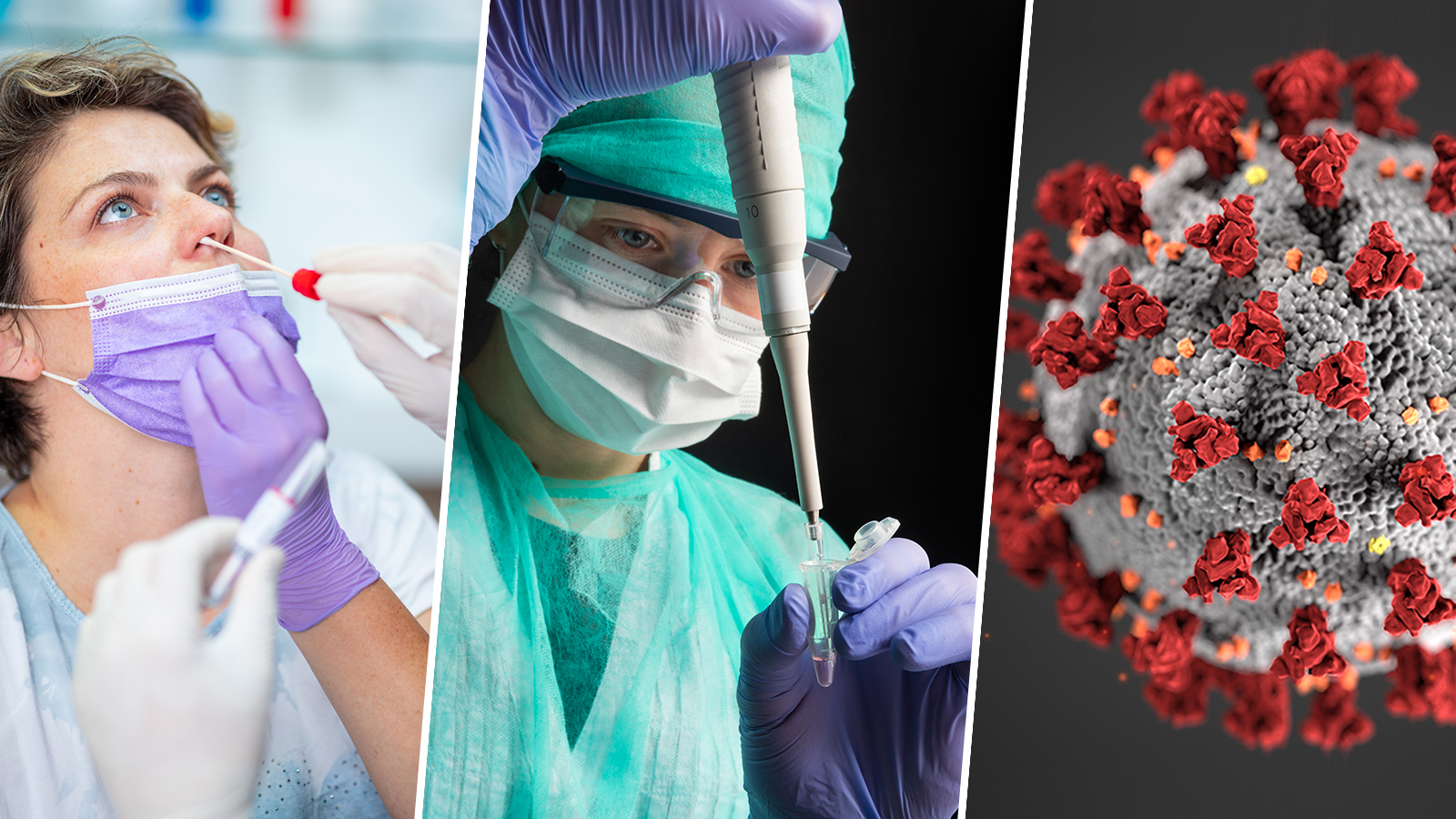
After months of relative calm, COVID-19 cases are rising again across major Indian cities, sparking a renewed wave of vigilance. Cities such as Delhi, Mumbai, Bengaluru, and Gurgaon are witnessing a gradual uptick in infections. While health authorities emphasize that there is no immediate cause for panic, hospitals have been placed on alert, and safety protocols are being reinforced across the board.
COVID-19 Situation in Delhi
The national capital, which had seen minimal COVID activity in recent months, has now reported 23 new cases—the most significant spike in nearly three years. Fortunately, all patients are currently stable and showing mild, flu-like symptoms, according to Delhi Health Minister Pankaj Singh.
Measures Taken in Delhi:
- A special monitoring team has been formed to track new cases in real-time.
- All hospitals have been directed to ensure sufficient availability of beds, oxygen, and essential medicines.
- Hospitals must now report daily COVID-19 data and send all positive samples for genome sequencing, a step critical to identifying any emerging variants early.
Mumbai Sees Steep Climb in Cases
Mumbai has seen a noticeable surge, with 95 new COVID-19 cases reported in May alone, contributing significantly to Maharashtra’s statewide total of 106 cases since January. The sudden spike has prompted authorities to take swift action.
Measures Taken in Mumbai:
- At least 16 patients have been hospitalized, suggesting more severe symptoms in some cases.
- Transfers are currently underway from KEM Hospital to Seven Hills Hospital to optimize resource distribution.
- COVID-19 testing is now mandatory for all SARI (Severe Acute Respiratory Infection) and ILI (Influenza-Like Illness) patients, as a precautionary step.
Bengaluru: A Steady Rise in Infections
Karnataka has reported 35 active COVID-19 cases, with 32 of them in Bengaluru alone. Health authorities are particularly concerned by the fact that a nine-month-old baby has tested positive and is currently being treated at Vani Vilas Hospital.
Observations from Bengaluru:
- COVID-19 cases have been rising steadily for the past 20 days.
- Officials are urging the public to strictly follow COVID-appropriate behaviour, especially vulnerable populations like the elderly, children, and immunocompromised individuals.
- Emphasis is being placed on mask-wearing, hand hygiene, and avoiding crowded places.
Gurgaon and Faridabad: Fresh Cases Without Travel History
In Haryana, four new COVID-19 cases have been reported—two each in Gurgaon and Faridabad. What makes these cases noteworthy is that none of the patients had any recent international travel history, indicating local transmission.
Measures Taken in Haryana:
- All patients—two men and two women—are showing mild symptoms and are under home quarantine.
- They are being monitored regularly by medical staff to ensure timely treatment if symptoms worsen.
- State Health Minister Arti Singh Rao emphasized that there is no cause for alarm at this stage, but vigilance and preparedness are being maintained across all districts.
No Reason to Panic—But Vigilance is Key
Medical professionals and virologists across India believe that the current strain in circulation is likely a sub-variant of JN.1, which is known to be highly transmissible but less severe in terms of health impact. However, they caution that complacency can lead to preventable outbreaks.
Public Health Recommendations:
- Wear masks in crowded indoor places.
- Maintain hand hygiene and avoid touching your face.
- Stay up to date with COVID-19 vaccinations and booster shots, particularly if you are in a high-risk group.
- Seek medical attention early if experiencing symptoms such as fever, cough, fatigue, or shortness of breath.
- Avoid unnecessary travel or large gatherings if feeling unwell.
What’s Next?
With rising cases also being reported in Gujarat, Kerala, and other states, health departments nationwide are ramping up:
- Surveillance
- Genome sequencing
- Hospital preparedness
As we navigate this resurgence, it’s clear that COVID-19 hasn’t entirely disappeared, and sporadic waves are still possible. But with proper precautions, timely treatment, and public cooperation, India can continue to keep the virus at bay.
Summary
The latest uptick in COVID-19 cases is a reminder, not a reason to panic. It reinforces the importance of staying alert and responsible. Follow public health guidelines, support local health systems, and ensure that you and your loved ones are vaccinated and protected.
Together, we can face this new phase with the same resilience we’ve shown over the past years.





